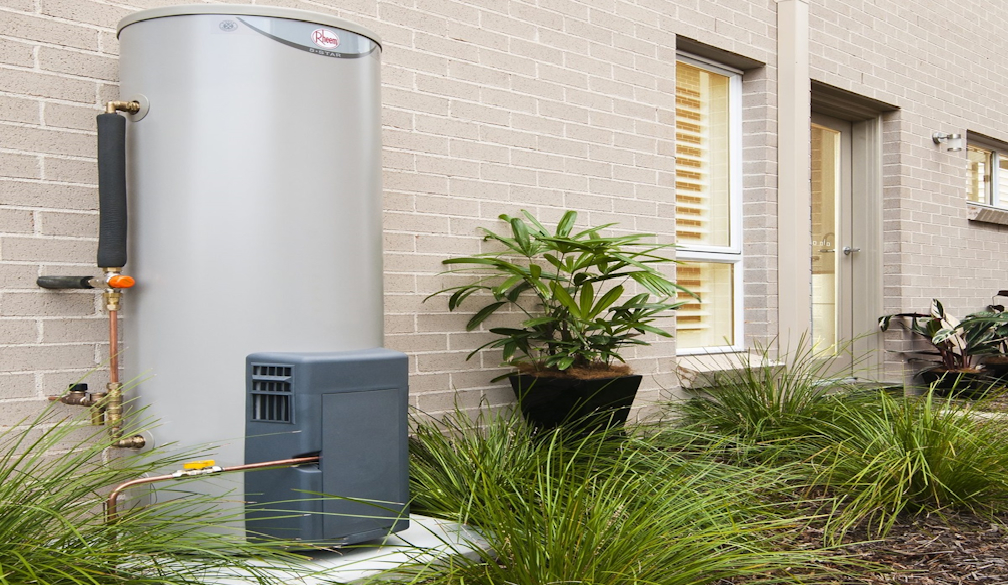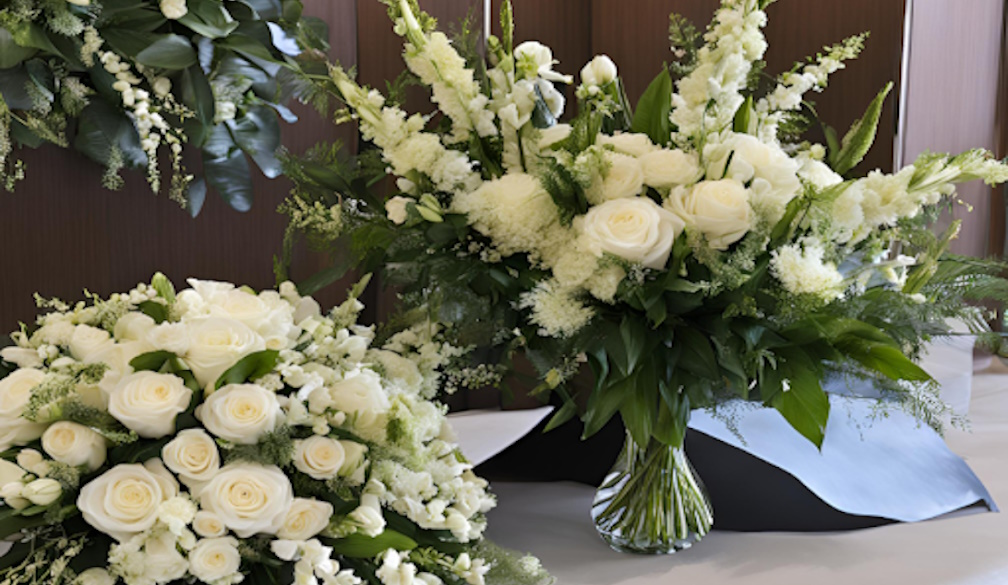Stroke survivors and their carers often have poor mental health. Here's how we can help them
- Written by Catherine Brasier, PhD Candidate (Stroke and Carer Optimal Health Program), Australian Catholic University
 Stroke can change forever the life of the sufferer and thus their loved ones. from www.shutterstock.com.au
Stroke can change forever the life of the sufferer and thus their loved ones. from www.shutterstock.com.auRecent research has shed light on how stroke impacts not only a person’s physical health and well-being, but also their social and mental health. While this may not be surprising, the simultaneous decrease in mental health for their carers may be more unexpected.
Stroke is a leading cause of death and disability worldwide. It kills more men than prostate cancer and more women than breast cancer. Stroke is a physical disease, caused when an artery in the brain becomes blocked or bursts. But stroke hurts more than just the body. It also has a profound effect on mental and social aspects of health for the stroke survivor and their carer.
Stroke often affects physical, cognitive and language faculties. As a result, it can become difficult for the stroke survivor to interact with loved ones and take part in activities they enjoy. Although most stroke survivors recover enough to return to live with their families, it can have a devastating effect on the person’s ability to walk, pick up objects with their hands and move the muscles required to speak. As a result, the stroke survivor can feel isolated and experience a drop in overall mood.
Depression is twice as prevalent among stroke survivors as the general population. It is known to negatively affect the physical rehabilitation outcomes of stroke survivors. On top of this, depression itself has been linked to an increased risk of stroke in the first place. The crippling effect of stroke often results in decreased social participation and a sense of isolation.
Carers of stroke survivors
Over 80% of stroke survivors will return to live with their families, with varying levels of disability. Due to the sudden and acute nature of the disease, carers - usually partners or family members - have new and unexpected roles thrust on them. A study conducted in 2014 estimated 30-68% of carers of a stroke survivor experience anxiety or depression after the stroke.
With no time to prepare for the emotional or practical demands placed on them, carers often put their own health on the back burner. Subsequently, carers of stroke survivors are highly susceptible to becoming ill themselves, and also have an increased risk of early death.
When the physical and psychological demands get too much, carers are left with little choice but to place loved one in residential care. Caring for our carers is in everyone’s best interest.
What can we do?
Currently, Australian guidelines recommend stroke survivors and their carers receive support for their mental and social health. Sadly, many stroke survivors and their carers struggle to receive this support and often do not raise these support needs with their doctor.
Unlike physical rehabilitation, which often begins in the first 24 hours of admission, the mental and social health interventions have been more difficult to establish in routine care. Stroke survivors often complete countless hours in physical rehabilitation, during hospital stays and after discharge. Unfortunately, few stroke survivors or carers are offered the services needed to deal with their shock, grief or overwhelming array of tasks required to prepare for a discharge back to the home.
Currently, a new type of intervention called “psychosocial intervention”, which aims to improve the social and mental health of stroke survivors and their carers, is being trialled. This can promote a greater sense of confidence in negotiating their health-care plans. This includes treatment options and rehabilitation services such as physio and speech pathology.
These interventions focus on collaborative relationships between the stroke survivor, their carer, and their doctors and other clinicians. This model encourages the stroke survivor and their carer to take charge of their health plan through a series of exercises that help them identify their strengths and vulnerabilities, record their medications, and set goals. These interventions build skill sets and independence by supporting individuals to manage their own condition, either as the patient or in a supportive role as the carer.
The road to recovery can be daunting after a stroke. The experience can become so overwhelming that one can have trouble making time for their mental and social health. The lesson is to reach out to friends and family, as well as health care providers such as your GP and discharge team, to negotiate a recovery plan that works for you.
This work was supported through the Australian Government’s Collaborative Research Networks (CRN) program.
Chantal Ski does not work for, consult, own shares in or receive funding from any company or organisation that would benefit from this article, and has disclosed no relevant affiliations beyond the academic appointment above.
Authors: Catherine Brasier, PhD Candidate (Stroke and Carer Optimal Health Program), Australian Catholic University




